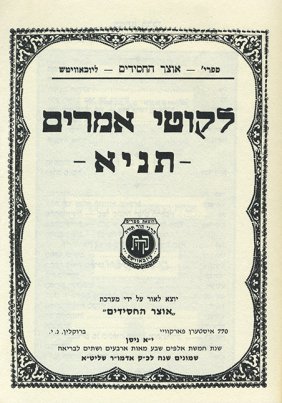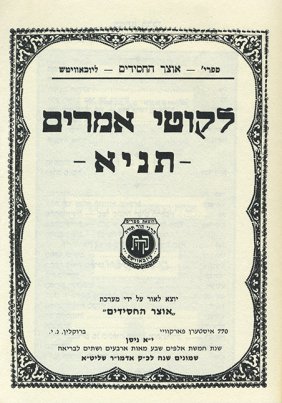Sha’ar HaYichud V’HaEmuna: End of Chapter Nine; Rosh Chodesh, 30th of Sivan
The Alter Rebbe explains in the note, that it’s because of the tzimtzum that there can be qualities and descriptions to Hashem. Since Hashem is beyond infinite (and even that description doesn’t cut it), the only way for there to be parts or descriptions, is the tzimtzum. How Hashem is one with His qualities, sefiros, etc., is belief. It is beyond human comprehension how He can be one with things that are separate entities,



